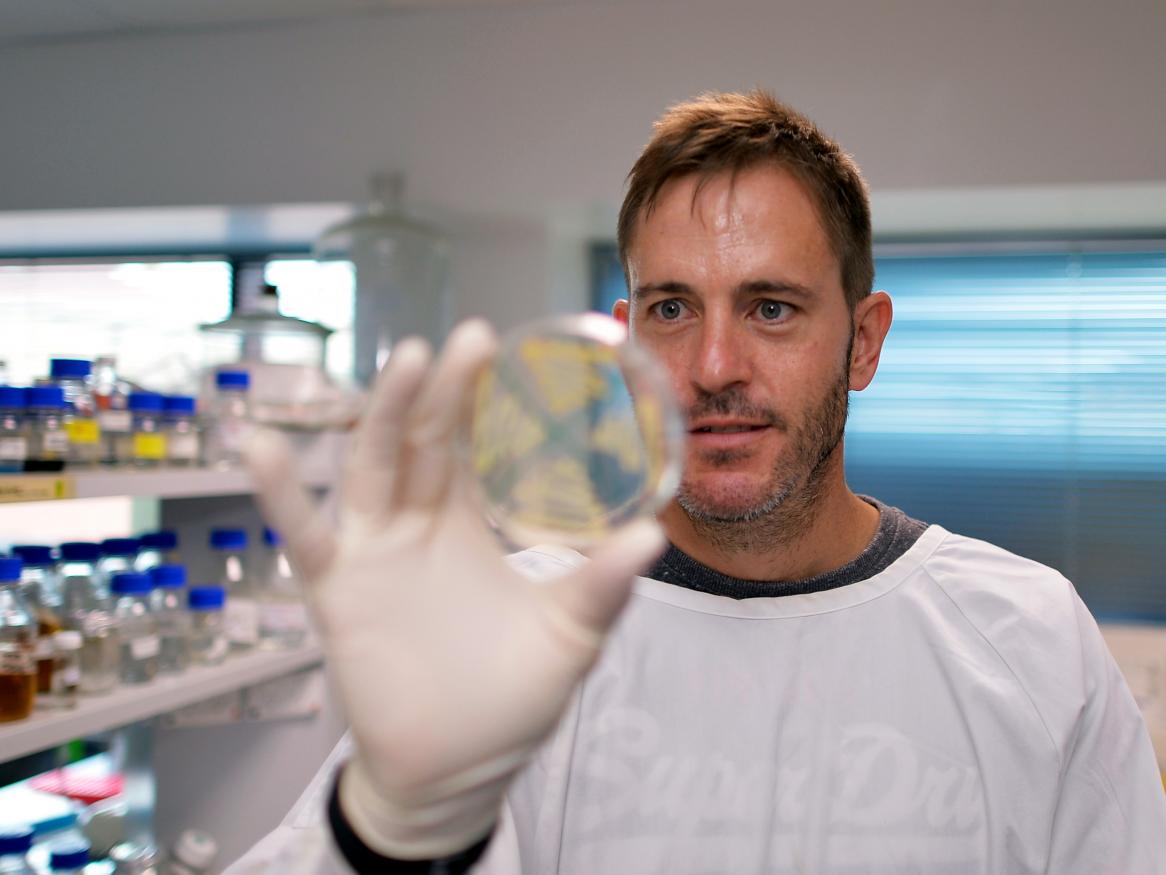Bacterial Stress Response
The Bacterial Stress Response Laboratory’s focus is to understand chronic and relapsing bacterial infections.
We use various microbiological techniques together with modern -omics approaches to determine the molecular systems that bacteria use to survive for prolonged periods of time under physical and chemical stresses.
What is particularly interesting is that when infecting an anatomical niche, and over a long period of time, bacteria generate a diversity of cell types - it is these that enable survival against various antimicrobial processes.
Creating steady-state growth conditions we have been able to characterise the bacterial cell types which have decreased fitness but prolonged survival - these include biofilm cells, persister cells and small colony variants (SCVs). Identifying and characterising these adaptive cell types is important for understanding chronic and relapsing infectious diseases.
We have applied this research to investigate various pathogenic bacteria and commensal bacteria that switch to a virulent type.
Research impact
Bacterial Stress Response Laboratory head Dr Stephen Kidd is deputy director of the Australian Centre for Antimicrobial Resistance Ecology (ACARE). ACARE are leaders in antibiotic research and the development of new treatments and control strategies for infections in both humans and animals.
People and publications
Dr Stephen Kidd
Head - Bacterial Stress Response Laboratory

